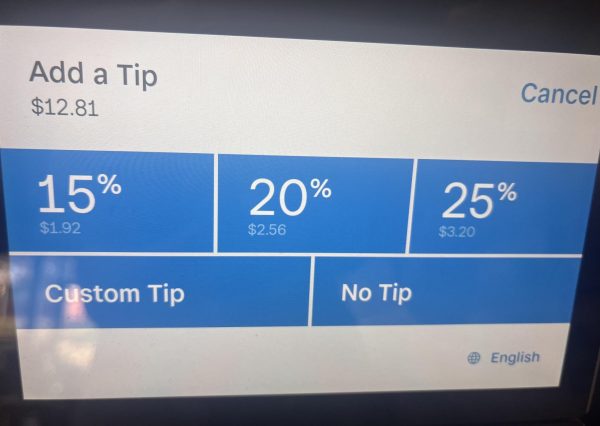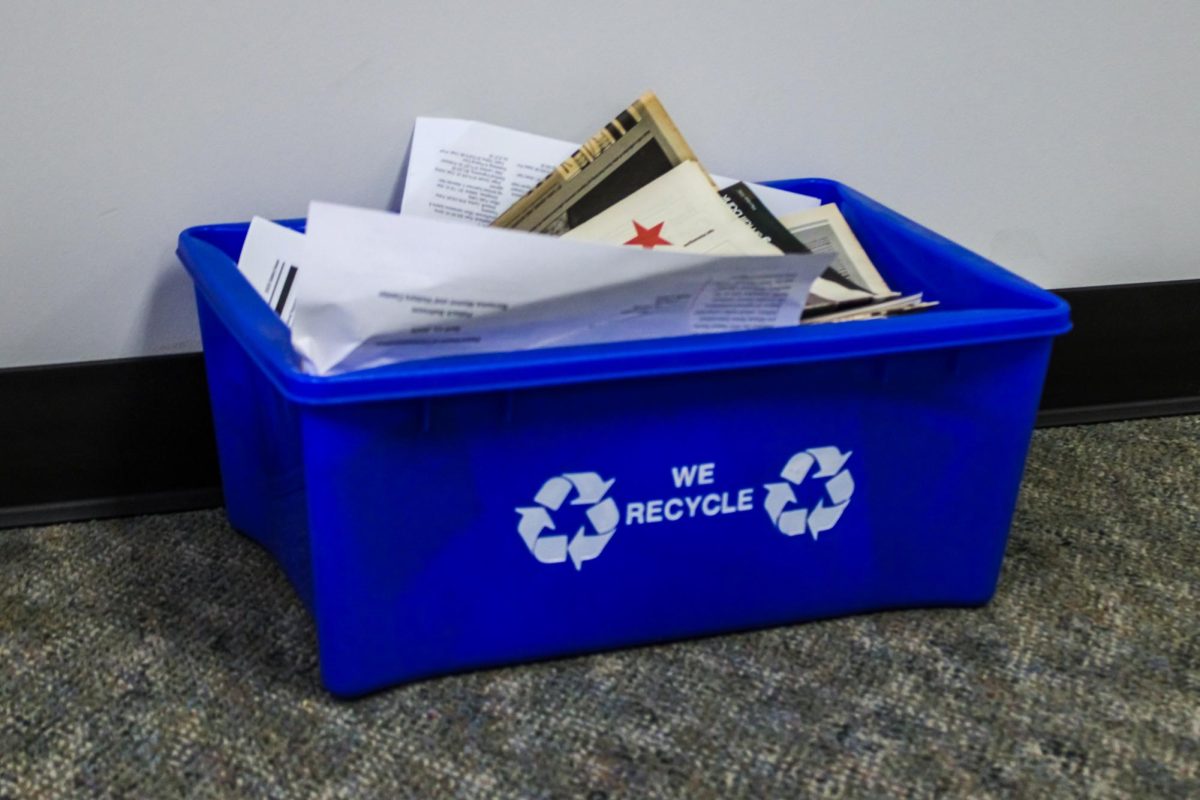It’s not outrageous for workers to request a tip. Stop getting your feelings hurt when they do; be courteous and spread a little green joy next time you go out to eat.
TIPPING CULTURE IN AMERICA
Compared to other countries, Americans tip far more than average. For instance, service businesses in countries such as Italy and France rarely expect tips from customers. When tips are given for more than exceptional service, they rarely exceed 10%.
In America, we tend to tip around 15-20% for average service, increasing the percentage as service quality increases.
This sweet, little tradition is something America does right – for the most part.
Observed with a positive mind, tipping is an adorable concept. A voluntary act, tipping invites us to choose to show compassion and gratitude toward strangers, and we do it so regularly that it’s become a societal habit.
Beyond the extra cash, tipping also serves as a teaching tool for service workers, Mahesh Subramony, a professor of management at NIU, explains.
“You (customers) need to be thoughtful about it (tipping) because you’re also pinpointing the kinds of behaviors people ought to be, you know, demonstrating,” Subramony said. “So if you are giving everybody 20% regardless of the kind of service that you’re receiving, you’re not really giving the person the right feedback so that they can modify their behaviors.”
Behind the lovely vision tipping culture could be, however, is a long list of potentially ethical questions. For instance, would tipping be necessary, if wages in America were better?
At the moment, for most industries where you’re being asked to tip, wages aren’t great.
The most commonly tipped services in America include restaurant and drink services, food delivery services, hair salon services and rideshare services, according to Pew Research Center.
Food and beverage service workers make on average $14 an hour, delivery drivers make about $19 an hour, and hair salonists and rideshare service workers make about $16 an hour, according to the U.S. Bureau of Labor Statistics.
WHY YOUR COMPASSION IS OF TIP-MOST IMPORTANCE
Tipping can make up to 58% of some service workers’ earnings, according to the National Employment Law Project, so choosing to tip can equate to choosing to support a worker’s right to a liveable wage.
Inadequate wages for service workers is an entirely separate issue, but even if the world of wages were perfectly equitable, leaving a tip should still be an ordinary, not-grumbling-inducing act.
It’s disappointing how much resistance customers can show toward tipping: a basic display of gratitude and kindness for work well done.

Customer grumpiness toward tips is increasing as cashless exchanges become more popular, prompting businesses to request tips virtually – rather than with tip jars.
In 2023, 66% of Americans held a negative view toward tipping and 32% felt annoyed toward pre-tip screens. The overall percentage of customers who tip at sit-down restaurants, additionally, has decreased year by year. While 77% of customers always tipped in 2019, only 65% always tipped in 2023, according to Pew Research Center.
In fact, to better your chances of receiving tips, Subramony advises workers not to make a show of wanting a tip.
“You don’t want the employee to overtly demonstrate the fact that they need a tip,” Subramony said. “And what that basically means is that, you know, coming and asking you 10 times how your meal is, or you know, that is a way of them, sort of telling you: ‘look, don’t forget about me.’”
But please, fellow customers, be an adult and don’t take your anger at being asked to tip on the poor person minding the register or bringing you your steaming meals.
Yes, they would like a tip.
No, they did not personally and maliciously design the transaction machine that’s requesting the tip.
Yes, you should leave a tip, unless the exchange truthfully traumatized you in some way, which it most likely didn’t.
If you’re OK buying a six dollar drink this morning, an extra buck or two isn’t going to leave you broke.
Be the bigger – or better put, venti – person, just like your latte.
TIPPING INTO THE FUTURE
Tipping is also entering public discussion during this election season.
Both presidential candidates, Vice President Kamala Harris and Former President Donald Trump, have expressed a mission to end taxation on tips.
This stance both candidates agree on is intriguing at first glance.
Taxing rich people on their billionaires’ golf courses? 100% we need to do that.
Taxing people working in service on minimum wage? Less important.
But there’s a few additional issues to consider within the taxation on tips discussion, Subramony warns. For one, we need to make sure untaxed tips aren’t utilized as justification for companies to get out of paying workers fair wages.
Currently, the Federal Labor Standards Act only requires employers to pay tipped workers $2.13 an hour if their tips raise their combined earnings to the $7.25 minimum wage.
“This idea of, you know, companies, you know, restaurants and coffee shops, etc. kind of requite, almost mandating tips because, because of the fact that they don’t pay their people well,” Subramony said. “So they, what they actually say is: ‘Hey, we don’t pay people well, so why don’t you go ahead and pay them for us?’ As opposed to actually increasing the pay of these workers.”
And that’s not the only corruption concerning Subramony.
“What they are also worried is that, you know, you have these huge, you know, fund managers and financial advisers and folks like that, they might start calling the commission tips, and then they could, then that could go tax free,” Subramony said. “So somebody could actually earn $150,000 commission at the end of the year, and then they would call it a tip and not pay any tax on it.”
So supporting a president who’ll take taxes off tips isn’t enough.
This election – and in every election to come – make sure you support policies and leaders who will fight to raise minimum wage and support federal aid programs, not line their own gold-laced pockets with an “all taxes suck” catchphrase.
And in the meantime, while you’re fighting for economic justice with your powerful vote and civic voice, what else can you do to support workers and promote human decency?
Ta-da! Leave a tip.




















